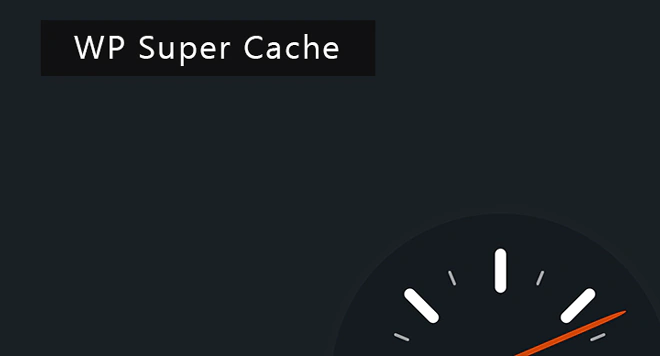
Why Website Speed Matters
In 2025, website speed is more critical than ever. A slow-loading website can lead to poor user experience, lower SEO rankings, and reduced conversions. Google continues to prioritize fast-loading websites, making it essential for WordPress site owners to optimize their performance.
1. Choose a Fast & Reliable Hosting Provider
Your hosting provider plays a major role in your website speed. Invest in a high-performance WordPress hosting service, such as:
- Managed WordPress Hosting (e.g., Kinsta, WP Engine, SiteGround)
- Cloud Hosting (e.g., Cloudways, DigitalOcean, AWS)
- LiteSpeed Servers for better caching and speed optimization
2. Use a Lightweight WordPress Theme
Heavy themes with bloated code slow down your site. Choose a lightweight and well-optimized theme like:
- Astra
- GeneratePress
- Neve
- Kadence
These themes are designed for speed and performance.
3. Optimize Images with Compression
Images are one of the biggest culprits of slow loading times. Use image optimization plugins such as:
- Smush
- Imagify
- ShortPixel
- WebP Converter for Media
Convert images to WebP format to reduce file size without losing quality.
4. Enable Caching for Faster Load Times
Caching helps store static versions of your site to reduce loading times. Use plugins like:
- WP Rocket (Premium)
- W3 Total Cache
- LiteSpeed Cache
- WP Super Cache
These plugins optimize caching at various levels, including page, object, and database caching.
5. Use a Content Delivery Network (CDN)
A CDN stores your website’s static files across multiple global servers, ensuring faster load times for users worldwide. Some popular CDNs for WordPress include:
- Cloudflare
- BunnyCDN
- KeyCDN
- StackPath
6. Minimize CSS, JavaScript & HTML
Excessive CSS and JavaScript files slow down page rendering. Use optimization plugins like:
- Autoptimize
- WP Rocket
- Asset CleanUp
These plugins minify and combine files, reducing HTTP requests.
7. Limit WordPress Plugins
Too many plugins can slow down your site. Keep only the essential ones and remove unnecessary or outdated plugins. Always test plugins for performance impact before installing.
8. Optimize Your WordPress Database
A bloated database can slow down your site. Optimize it using:
- WP-Optimize
- Advanced Database Cleaner
Regularly clean up post revisions, spam comments, and transients to improve database efficiency.
9. Enable Lazy Loading for Images & Videos
Lazy loading ensures that images and videos only load when they come into the user’s viewport. This reduces initial page load time. WordPress has built-in lazy loading, but you can enhance it with plugins like:
- Lazy Load by WP Rocket
- a3 Lazy Load
10. Keep WordPress, Themes & Plugins Updated
Regular updates improve security and performance. Always keep your WordPress core, themes, and plugins updated to the latest versions.
Final Thoughts
Website speed is crucial for SEO, user experience, and conversions. By implementing these strategies, you can ensure that your WordPress site runs at peak performance in 2025.
Start optimizing today, and watch your site load faster than ever! 🚀